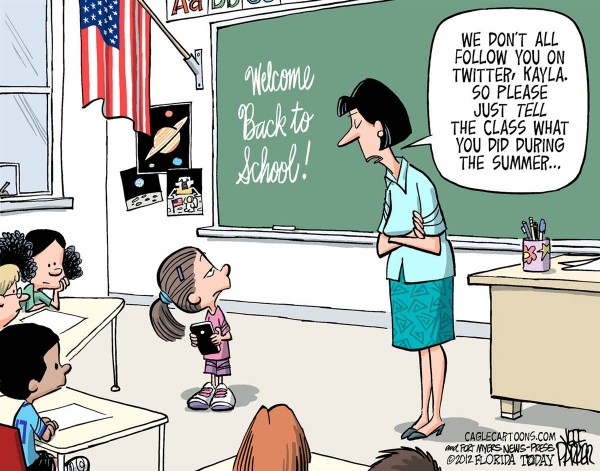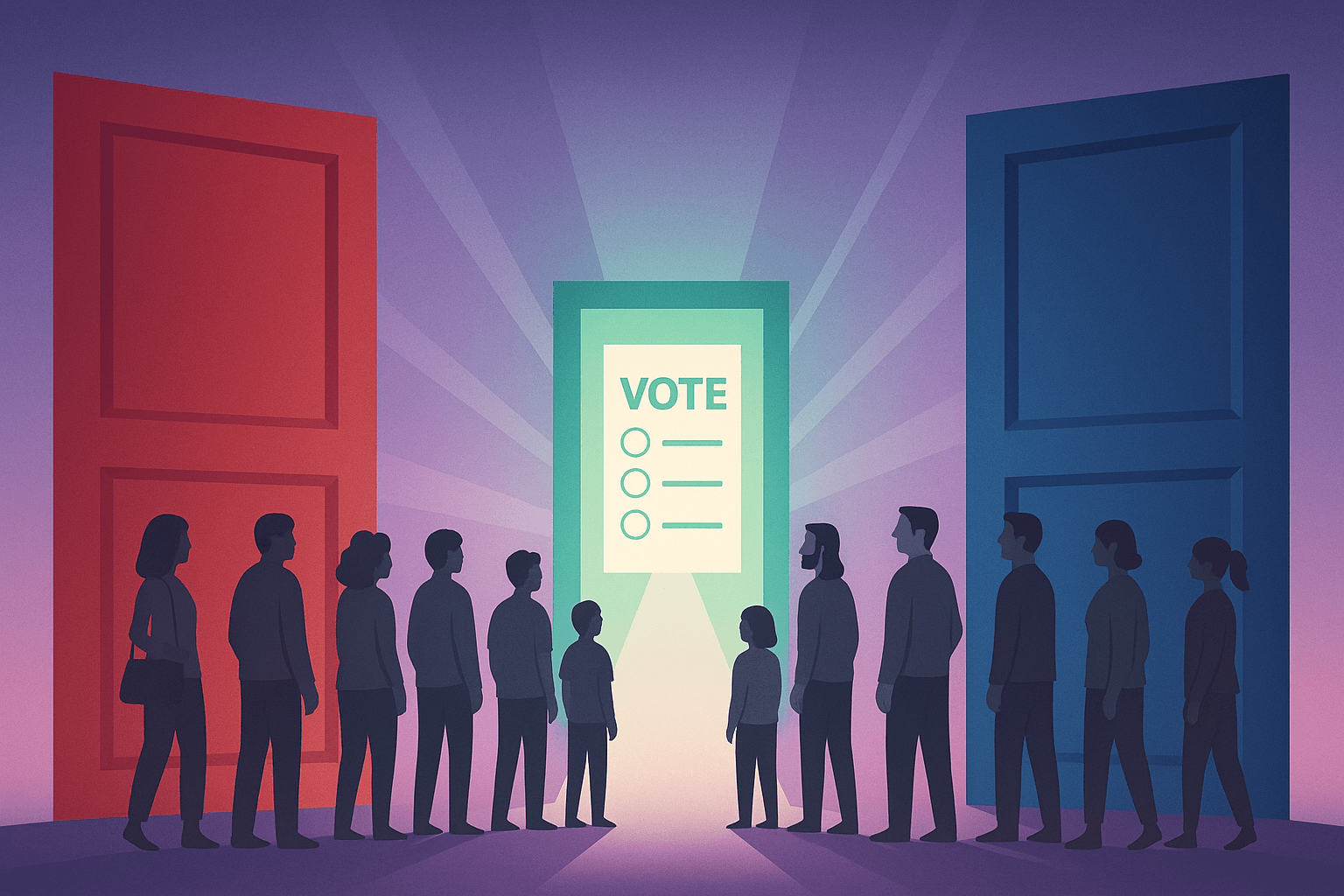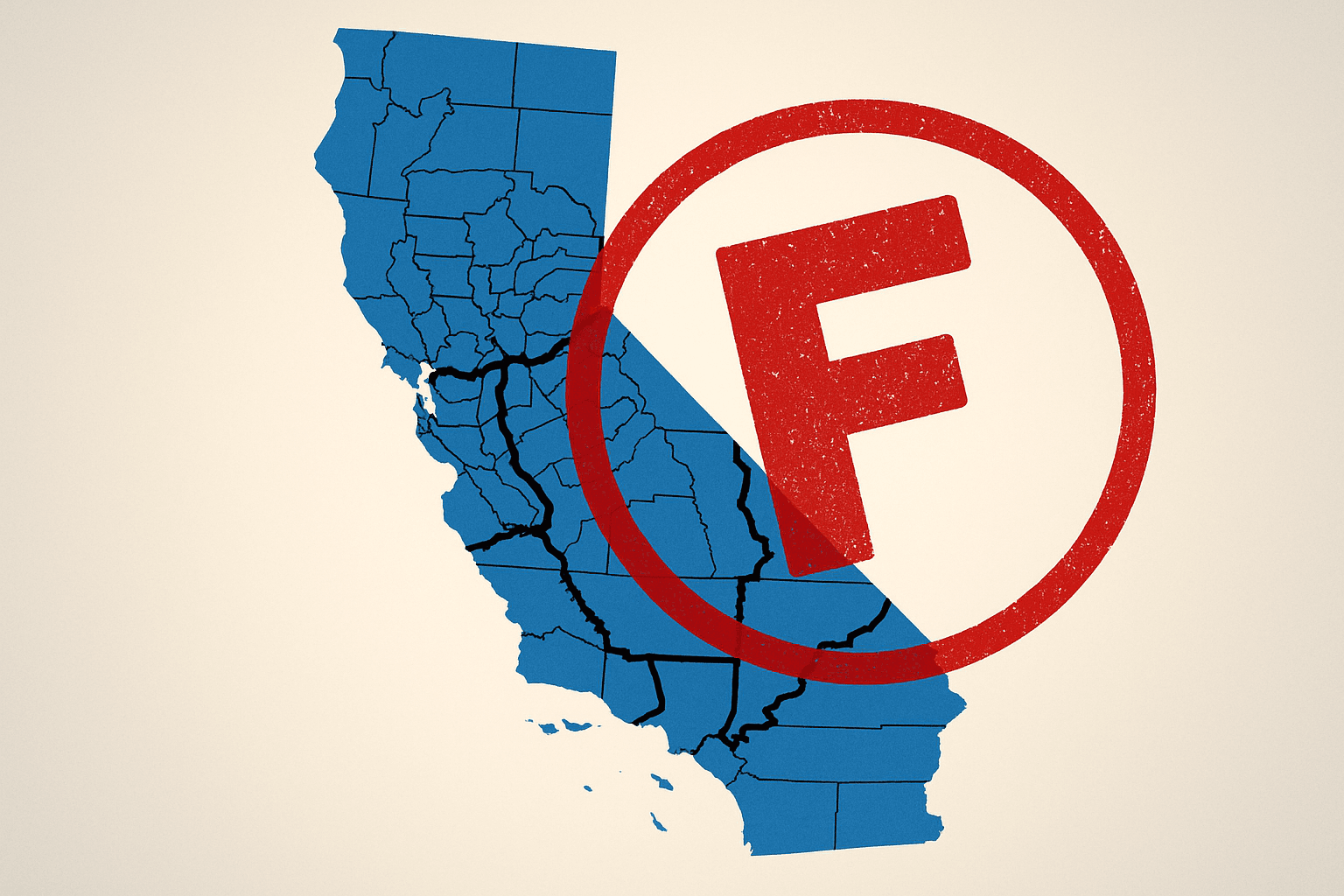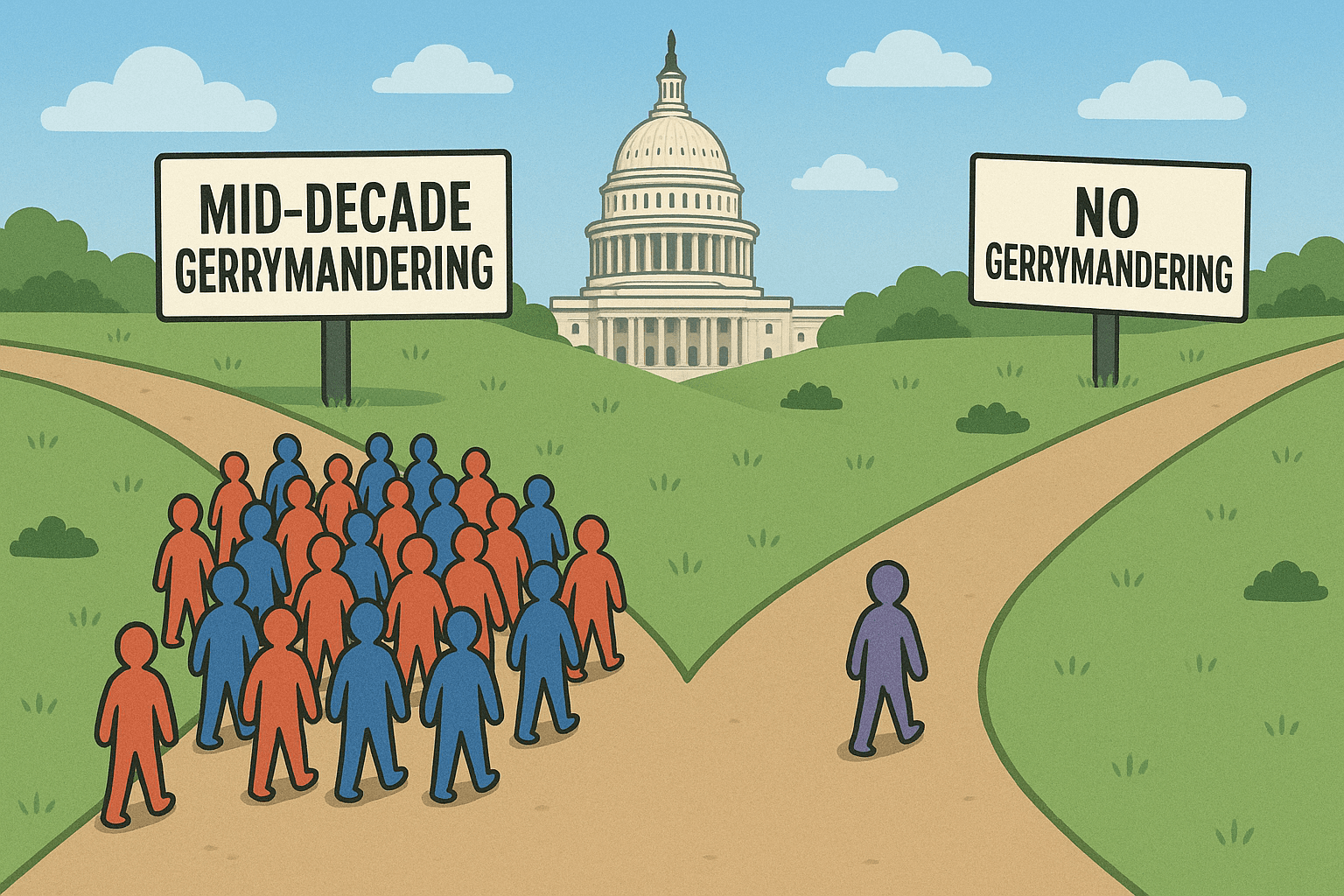What Role Does #Twitter Play in Education?


With the growing trend in social media and technology, the question over the role of social media in education inevitably enters the debate, an issue discussed in Mashable's recent article Should You Get Your Child an iPad or Laptop for School? Tools such as tablets and laptops, for instance, have a practical place in education and can provide students with a wide array of information, videos, and images that they previously did not have access to:
“Digital media tablets are more useful resources for consuming media such as looking at videos, pictures and accessing websites,” says Scott Campbell, an associate professor of communication studies at the University of Michigan. “Because laptops have built-in keyboards that provide so much more functionality in writing and platform provides a lot more flexibility with creating, it’s a superior product for students right now.”
But what role, if any, do social networks have in education? Take Twitter for example. Twitter is a powerful tool for journalists, giving reporters a constant flow of news, and even providing them with a platform to break stories. Just this weekend, Twitter was ahead of the curve in breaking the news of Mitt Romney's VP pick. Could this immediacy translate into the world of education?
Technology enthusiast and teacher of eight years says yes, and has incorporated Twitter into the curriculum for students of his 8th grade class. In a question and answer format, he asks his students questions and then projects their tweets on a screen for the entire class to see. As a proponent of the technique, he says that by allowing students to answer on Twitter, either from their mobile devices or a classroom computer, he sees broader participation:
For "a lot of them, what it did is help find their voice," he said. "I have many students that do not participate in my classes or share what's on their mind, so Twitter became that vehicle."
As CNN reports, students are catching on as well:
"It's a great way to get people to notice you," said Oscar Lozoria, a shy 14-year-old with long hair that other students used to tease him about. He said Twitter has changed how his peers view him. "They see me as somebody now -- as an equal," he said.
But the inclusion of Twitter into the classroom invites a wide array of questions and concerns. What dangers arise from incorporating Twitter into classroom curriculum? How can teachers make the most out of social media's educational value? Could promoting the use of social media in the school environment distract students from coursework and their studies? And at what age is it appropriate to start using social media in the classroom?
Noted by Rebecca Levey, co-founder of kids reviews site KidzVuz and social media editor at Mom Blog Magazine, “Sixth grade is when technology generally starts to begin in the classroom and when kids are expected to have their own device.” What kind of pressures does this place on the parent to provide their children with the latest technology?
The investment might actually pay off, argues Michael B. Horn, executive director of the education practice at Innosight Institute, as evidence suggests that technology helps bolster achievement and participation. He argues technology and social media is an “exciting way to bolster student learning as it allows us to customize an education for each child according to his or her distinct learning needs.”
What do you think about technology in the classroom? Does Twitter have an educational value, or does it threaten traditional modes of education?



